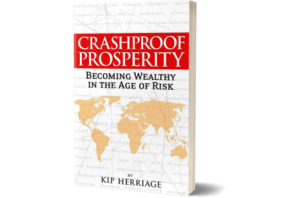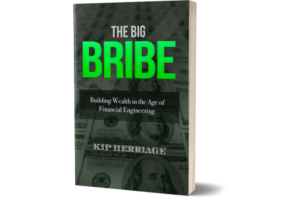Have questions? Reach us anytime.
Ste 130 Richmond, Tx. 77469
Frequently Asked Questions
What brokerage firms do you recommend that I use?
What reference material or books do you recommend to learn more about investing and economic fundamentals?
Which of the VRA buy list recommendations do you recommend that I buy first?
How can I track my investments?
How often will I receive a VRA update?
Are there other useful resources in the investing arena?
How much of my investment capital should I invest into VRA recommended securities?
Should I use a margin account?
How should I enter orders?
Can the VRA provide investment advice or financial planning?
Can I use my Individual Retirement Account (IRA, RRSP for Canada) with the VRA.




